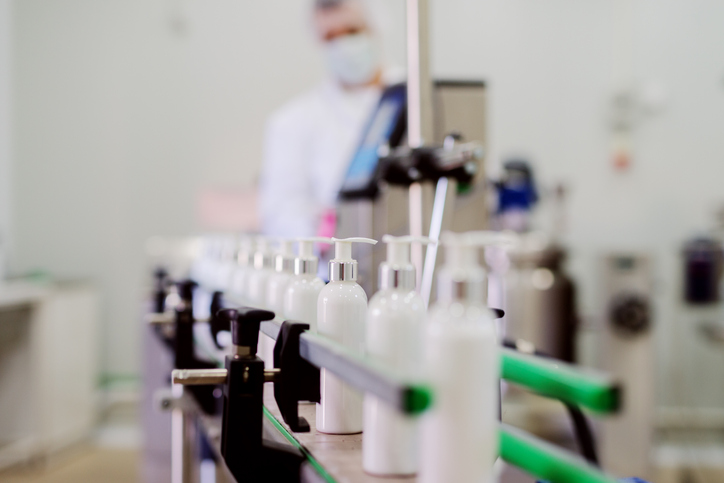All international halal cosmetic products that have not been certified in Indonesia, or by an accredited overseas agency, will be viewed as non-halal.
Issued under Regulation 31/2019, the compulsory halal labeling law will be carried out gradually over five years and initially applied to food and beverage products, which must comply by October 17, 2024.
Cosmetics will have until October 17, 2026 to comply. According to Professor Sukoso, head of the Halal Product Assurance Organizing Agency at the Ministry of Religious Affairs of Indonesia who told CosmeticsDesign-Asia: “New applications for non-food and beverage products such as cosmetics will start from 2021 to fulfil halal standards”.
All certifications must go to the newly established BPJPH, Badan Penanggulangan Jaminan Produk Halal (Halal Product Assurance Organizing Agency), which was set up as a new agency under the Ministry of Religious Affairs to substitute the previous certification body, Indonesian Ulema Council Assessment Institute for Foods, Drugs and Cosmetics (LPPOM MUI).
According to BP Lawyers, the BPJPH is responsible for the registration, testing and certification of products, to certify that the traded products, whether imported or produced locally, are halal.
The new halal certification will also extend its validity period from two years to four years helping companies save time and budget.
In order to receive halal certification, products should only use halal raw materials, equipment and processing methods.
All non-halal products must be stated clearly on the packaging with ‘Not Halal’.
Effect on industry and consumer
Dr Alain Khaiat, president of Seers Consulting told CosmeticsDesign-Asia that both cosmetic firms and the consumers will be affected by the new law.
“Every company will be affected, the small local companies may have issues in getting their suppliers to certify the ingredients as they do not represent a big customer. For the big companies, the sheer number of products is going to be a hurdle. For international companies, raw material suppliers or finished goods, getting all the requirements in different countries is a huge task.
“But those most affected will be the consumers as with cost increasing, many companies will have to raise the prices, some products may not be available anymore and new product launches will be delayed.”
Foreign halal products
For foreign halal-certified products, they will not need to obtain another halal certification in Indonesia, as long as they go through certification institutions acknowledged by BPJPH.
However, they will still need to register with BPJPH, and are to comply to all halal rules and regulations in Indonesia.
Consulting firm Cekindo explained that this move by the government is a “rather motivational move for new industries to cater to the national Muslim community while maintaining strict sanctions for current halal certificate holders in order to present accountability before the international community.”
It views the new law as a “jumpstart effort to boost halal product presence in Indonesia.”
Cekindo advised companies to secure certification soon: “Otherwise, the process might be lengthy and more costly in the future.”
Global halal cosmetics market
According to the Global Islamic Economy Report 2018/2019, the halal cosmetics sector is valued at US$12.6 billion, which accounts for 2.3% of the US$532.43 billion global cosmetics market.
Muslims spend around US$61 billion on cosmetics in 2017, which is forecast to reach US$90 billion by 2023.
The Asia-Pacific region account for 73% of new halal cosmetics products launched between 2014 to 2016, representing 35% of global revenue share in 2016
The report also highlighted that the halal cosmetics segment was mostly dominated by small and medium-sized enterprises, “No major halal brand has emerged regionally or globally, while multinationals have only launched limited halal lines.”
But Indonesia’s new halal law “could be the trigger for major brands to get certified”.
